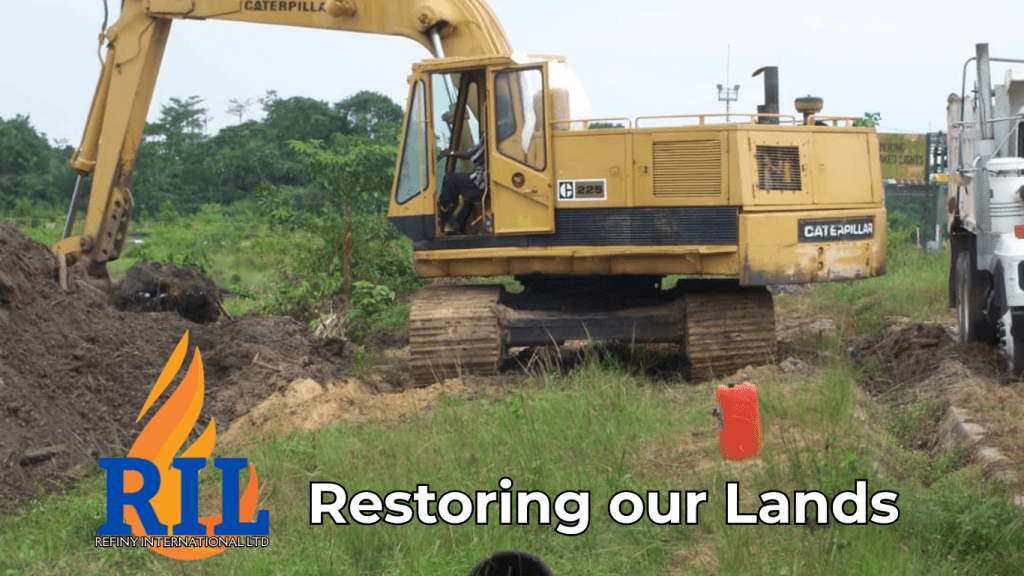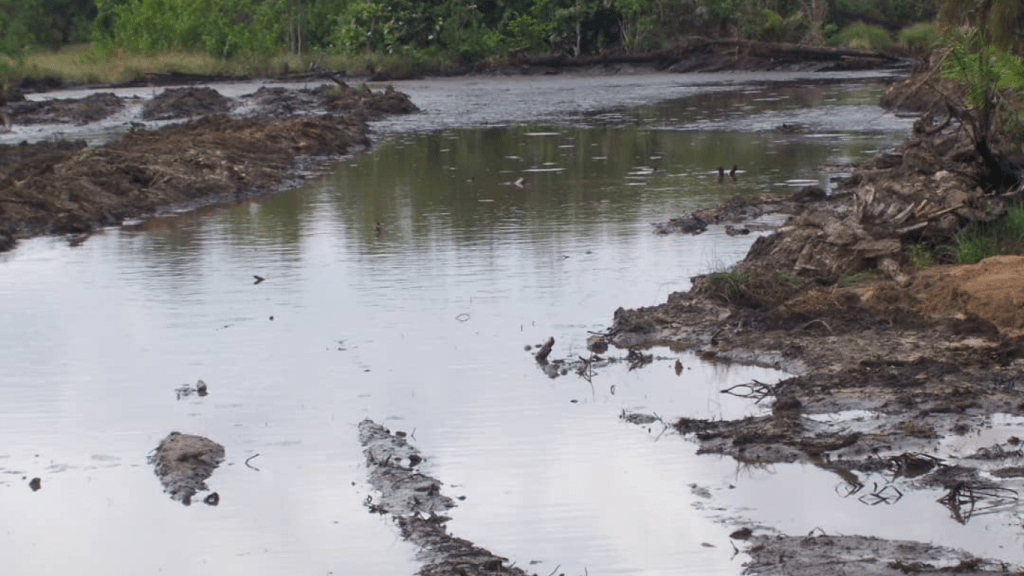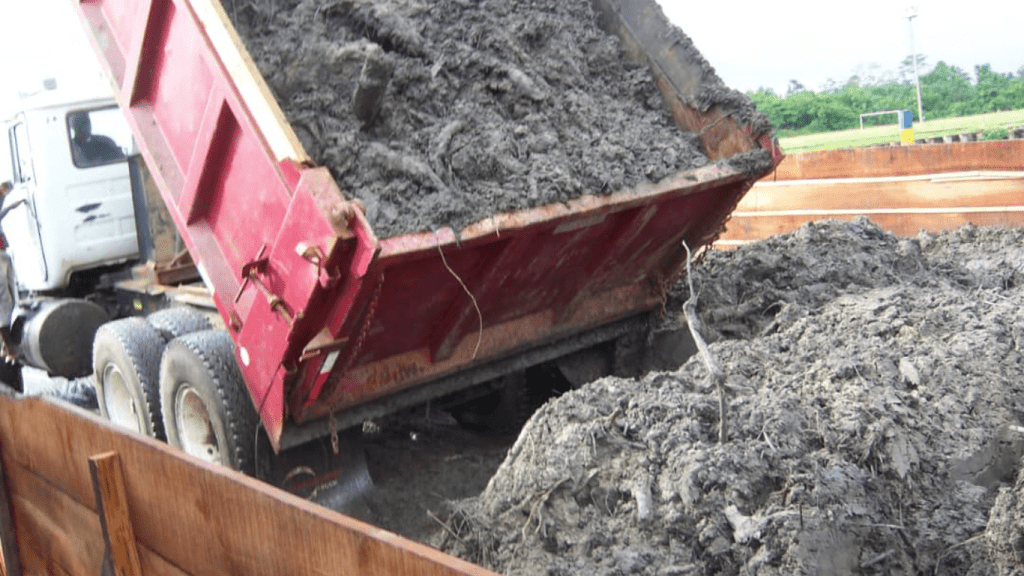
Oil spills have long posed a serious threat to the environment and livelihoods in the Niger Delta. In Egbema, Rivers State, the story is no different. For years, the community has endured the damaging effects of oil pollution — from contaminated soil and water to the loss of farmlands and fishing areas.
But in a recent oil spill remediation and cleanup project, a new chapter has begun — one focused on healing the land and supporting the people.
A Commitment to Environmental Restoration
At the heart of the Egbema project was a clear goal: to restore the environment to its natural state using industry-approved remediation techniques. Through soil analysis, excavation of contaminated areas, and bio-remediation methods, the affected sites were carefully treated to remove pollutants and restore ecological balance.
This cleanup was more than just a technical operation — it was a promise to the community, to restore what was lost and ensure a healthier future.


Empowering the Host Community
One of the standout features of the Egbema remediation project was the active involvement of community members. Rather than outsourcing labor, local youths and skilled workers from the host community were engaged in various stages of the cleanup process.
This not only provided much-needed jobs but also built local capacity and strengthened the relationship between the project team and the community. It was a powerful way to show that oil remediation can do more than clean the land — it can uplift the people living on it.
Working Together for a Cleaner Future
Collaboration with the host community ensured smoother operations, local support, and a shared sense of responsibility. The community’s firsthand knowledge of the land played a key role in identifying impacted areas and monitoring progress throughout the cleanup.
As the project wrapped up, the results were clear: cleaner soil, restored farmlands, and a hopeful community ready to move forward.
Looking Ahead
Oil spill remediation is not just a technical necessity — it’s a human one. In Egbema, it meant healing the environment while empowering the people. It stands as a model for future projects in the Niger Delta and beyond: environmental responsibility paired with genuine community involvement.
Because when we clean the land with the people, we build a stronger future for the people.
